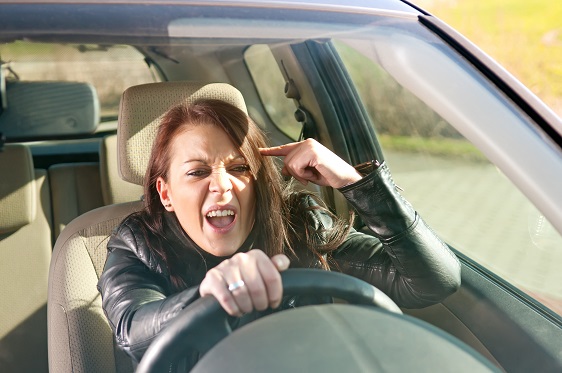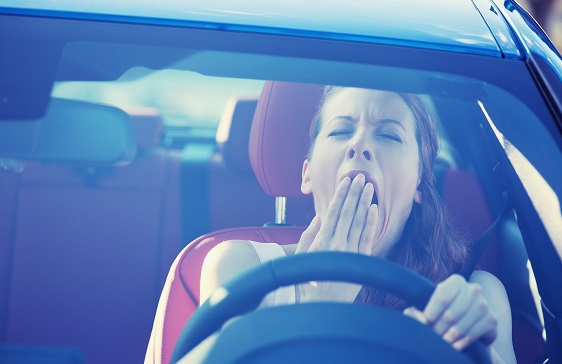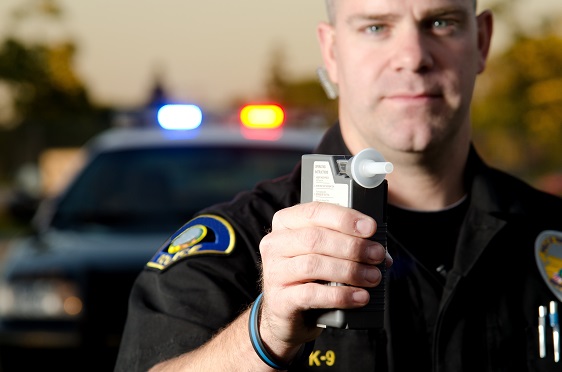
Drowsy Driving
Drowsy driving, also known as fatigued driving is extreme tiredness or exhaustion that occurs while you're engaged in driving activities. Since all of your focus needs to be aimed at the road, it's very risky to drive when you're struggling to stay awake.
When To Stop and Rest
The National Sleep Foundation performed a poll and discovered that 60% of Americans have driven while sleepy and 37% have actually fallen asleep while driving (Drowsy Driving, n.d). Unfortunately, many people can't tell if and when they're going to fall asleep if they feel extremely tired while driving.
If you experience any of these, make sure to stop and rest:
- Heavy eyelids, difficulty focusing, frequent blinking
- Daydreaming, wandering thoughts
- Missing exits, difficulty remembering the last few miles driven
- Restlessness and irritability
- Drifting from the lane, hitting the rumble strip
- Struggling to keep your head up

Who Is Most At Risk?
Young People since they experience maturational changes that increase the need for sleep, changes in the sleep patterns that reduce nighttime sleep, as well as cultural and lifestyle aspects that can lead to insufficient sleep (such as schoolwork, jobs, socializing and extracurricular activities).
Shift Workers due to often sleep cycle disruptions that are associated with decreased performance and lapses of attention. The midnight to 8am shift causes the most sleep disruption since it contradicts the normal circadian pattern in order to sleep during the day.
People With Untreated Sleep Problems such as sleep apnea and narcolepsy have a higher crash risk. Many people with sleep conditions are undiagnosed and untreated which makes them unaware of the difficulty they may experience while trying to remain alert and awake (NCSDR and NHTSA, n.d).
Sleep-Related Statistics
- 55% of fatigue related crashes are caused by drivers under 25 years old
- 100,000 crashes are caused by fatigued drivers annually
- Getting less than 6 hours of sleep actually triples your risk of getting in an accident
- On average, a person is as impaired as they would be when legally intoxicated (0.08 BAC) after being awake for 18 hours
Prevent Drowsy Driving
- Get a good night's sleep (7 - 9 hours for adults, 8.5 - 9.5 hours for teens)
- Have a companion during long car rides so that you can switch when you need some rest
- Take a break from driving every 100 miles or 2 hours
- Avoid consuming things that can impair your performance such as alcohol or medications
Sources:
NCSDR and NHTSA. (n.d). Drowsy Driving and Automobile Crashes.
http://www.nhtsa.gov/people/injury/drowsy_driving1/drowsy.html
National Sleep Foundation. (n.d). Detection and Prevention.
http://drowsydriving.org/about/detection-and-prevention
National Sleep Foundation. (n.d). Drowsy Driving.
http://sleepfoundation.org/sleep-topics/drowsy-driving


